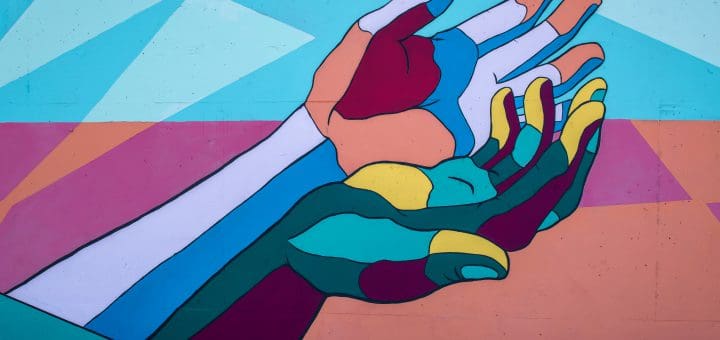How Social Media “Jokes” about Mental Health
There’s still a long way to go in how we talk about mental health. Stigma, a lack of accessible knowledge about mental health, and the media are just a few of the reasons as to why many, regardless of age, can have incorrect information about how people coping with their mental health and show symptoms of mental illness live, behave, and think. This may require some explanation to the person to educate them at best, and can be really harmful to someone at its worst.











Recent Comments